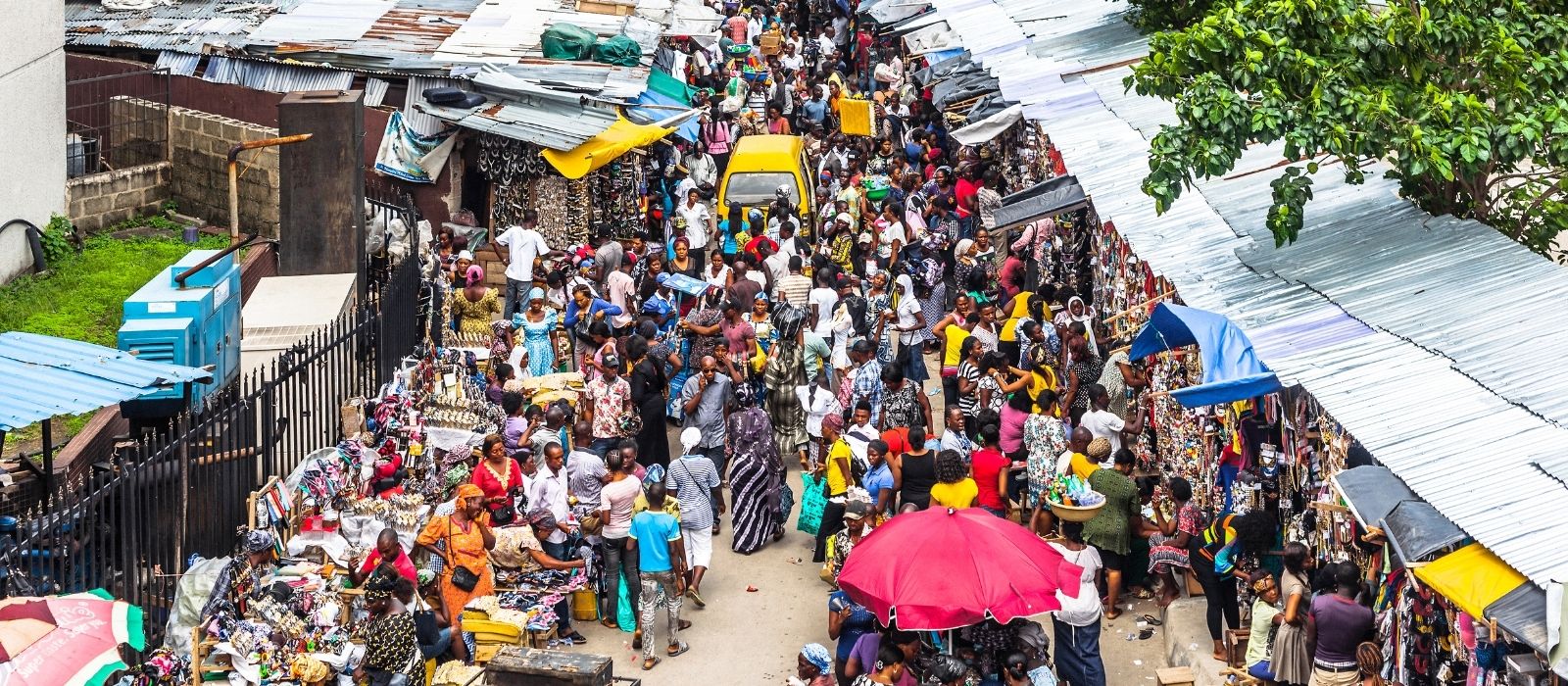
Once upon a time in Nigeria, having a single 9-to-5 job meant stability. It covered rent, food, transportation, and even small luxuries. Fast forward to 2025, and that reality feels like a distant dream. Today, a full-time job is just a starting point—almost every young Nigerian you meet is juggling a side hustle (or three), trying to make ends meet in an economy that keeps moving the goalpost.
The idea of multiple income streams is not just about ambition; for many, it is about survival. Inflation is on a rollercoaster, and the cost of living rises faster than salaries. In 2023, the national minimum wage was ₦30,000—less than the cost of a bag of rice. Even with discussions about an upward review, many companies still underpay, leaving employees scrambling for extra sources of income.
Beyond inflation, unemployment remains a major issue. The National Bureau of Statistics (NBS) reported that Nigeria’s unemployment rate stood at 4.2% in Q2 2023, but this figure does not capture underemployment, which affects a much larger percentage of the population. Many young Nigerians work jobs that barely sustain them, forcing them to become entrepreneurs out of necessity.
The side hustle culture in Nigeria comes in different forms:
Freelancing & Remote Work: Writing, graphic design, digital marketing, and tech jobs are among the top gigs young Nigerians use to earn in dollars.
Buying & Selling: From thrift clothes (okrika) to skincare, food, and sneakers, many have turned to Instagram and WhatsApp to push their small businesses.
Ride-Hailing & Logistics: With platforms like Bolt and Uber, plus delivery services booming, many people use their cars and bikes to make extra cash.
Content Creation & Influencing: social media has become a career path for those who can create engaging content from skits to brand promotions.
Skilled Services: Makeup artists, hairstylists, fashion designers, and even bakers are thriving in the gig economy.


For many Nigerians, balancing these hustles with a full-time job is exhausting, but the alternative—relying on one income—is riskier.
While multiple streams of income seem like the answer, it comes at a cost. Burnout is real. Many young Nigerians sleepless, take fewer breaks, and have little or no time for personal lives. There is a constant and never-ending pressure to keep pushing because “things are hard,” and truly, they are. But the reality is that not everyone can sustain the hustle long-term.
There is also the societal pressure of “having made it” before 30. Social media makes it seem like everyone is cashing out, living soft, and vacationing in Dubai, but what we do not see are the sleepless nights, the loans, the silent battles with exhaustion, and sometimes, the failures that come with entrepreneurship. Everyone is all about the perfect life on the gram.
In my opinion, while side hustles are the new norm, the true goal should be financial stability, not just endless work. Some young Nigerians are moving towards investments, passive income streams, and tech skills to create more sustainable wealth without always trading time for money.
Ultimately, the solution is not just about individuals working harder, it is about Nigeria creating an economy where people do not have to hustle just to survive. But until that happens, the side hustle culture is not going anywhere anytime soon, and this generation is here to face and embrace it.


